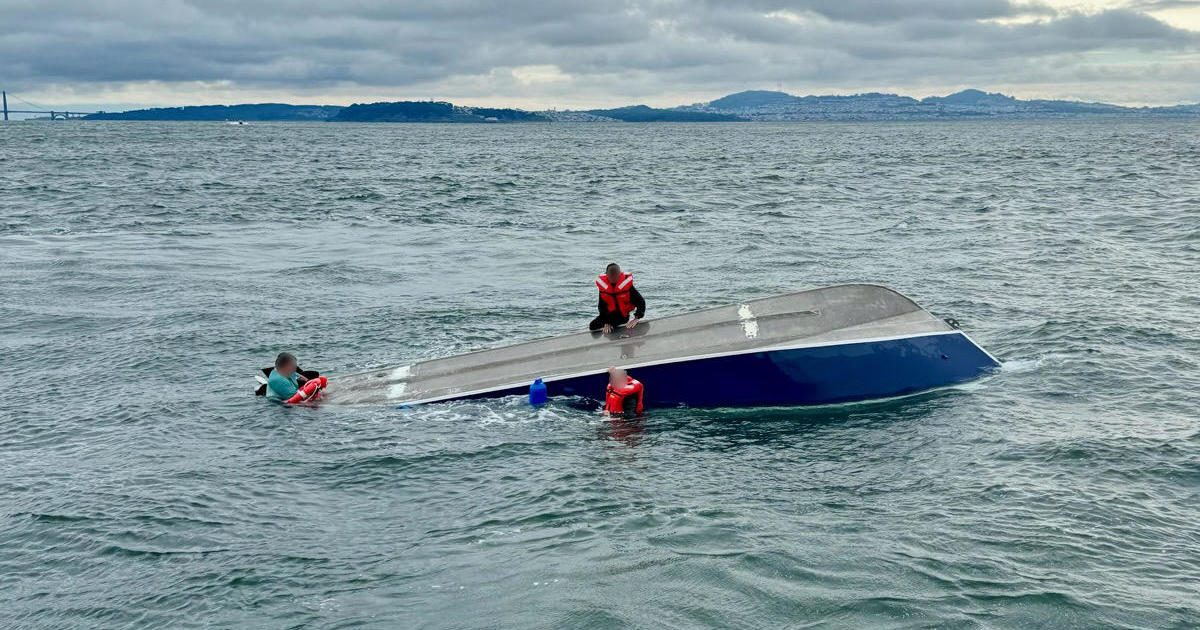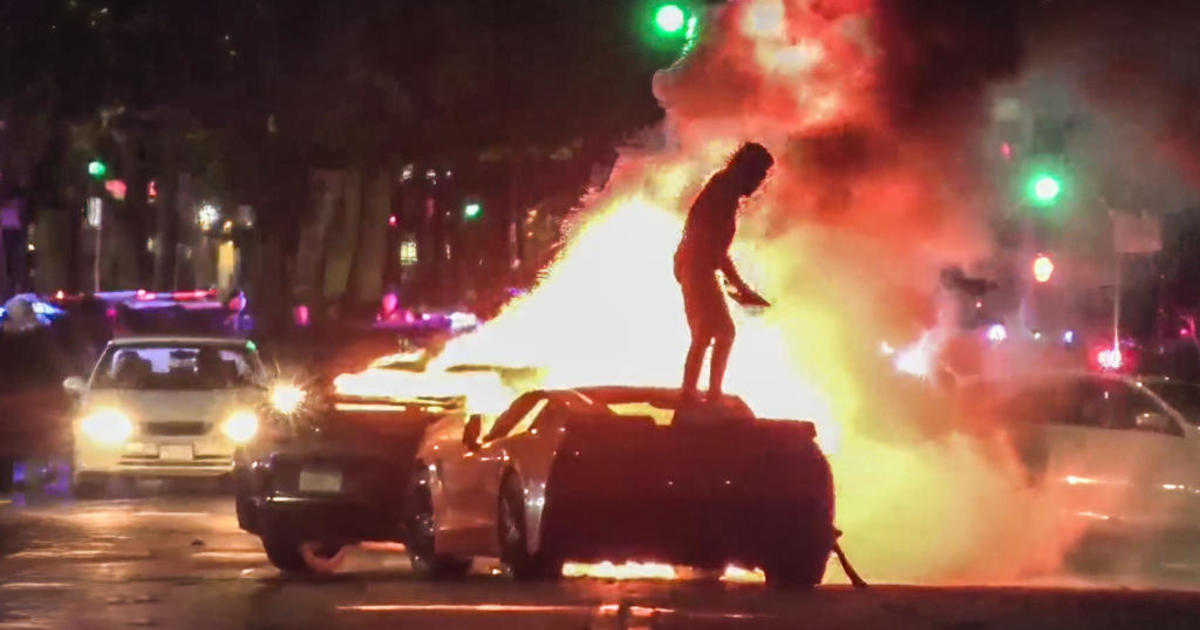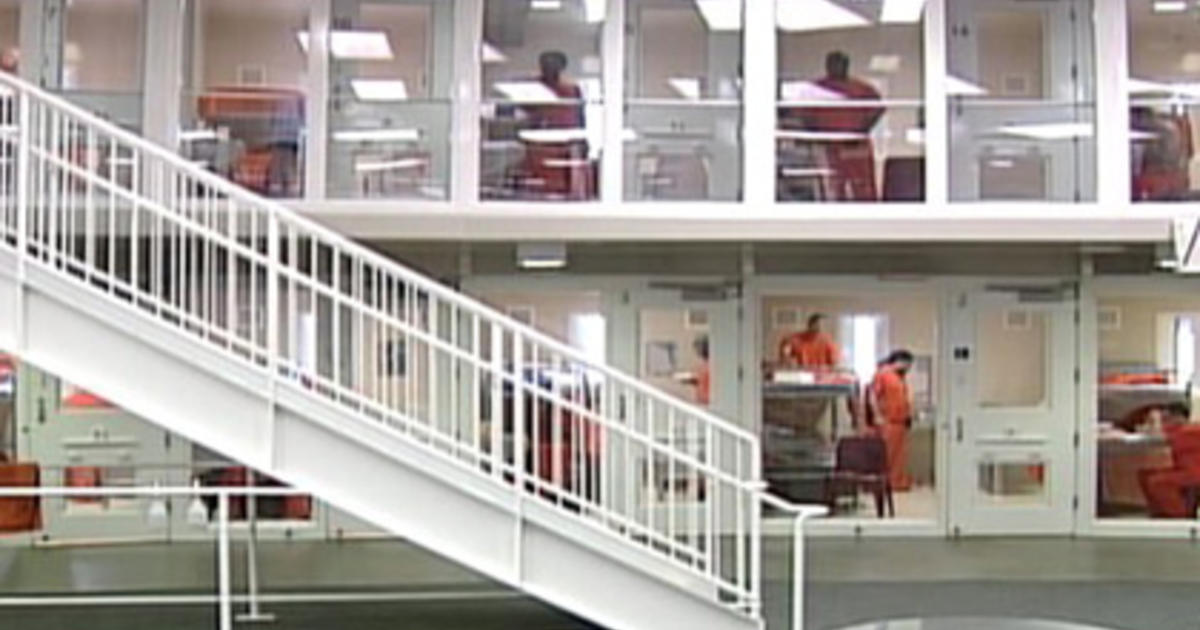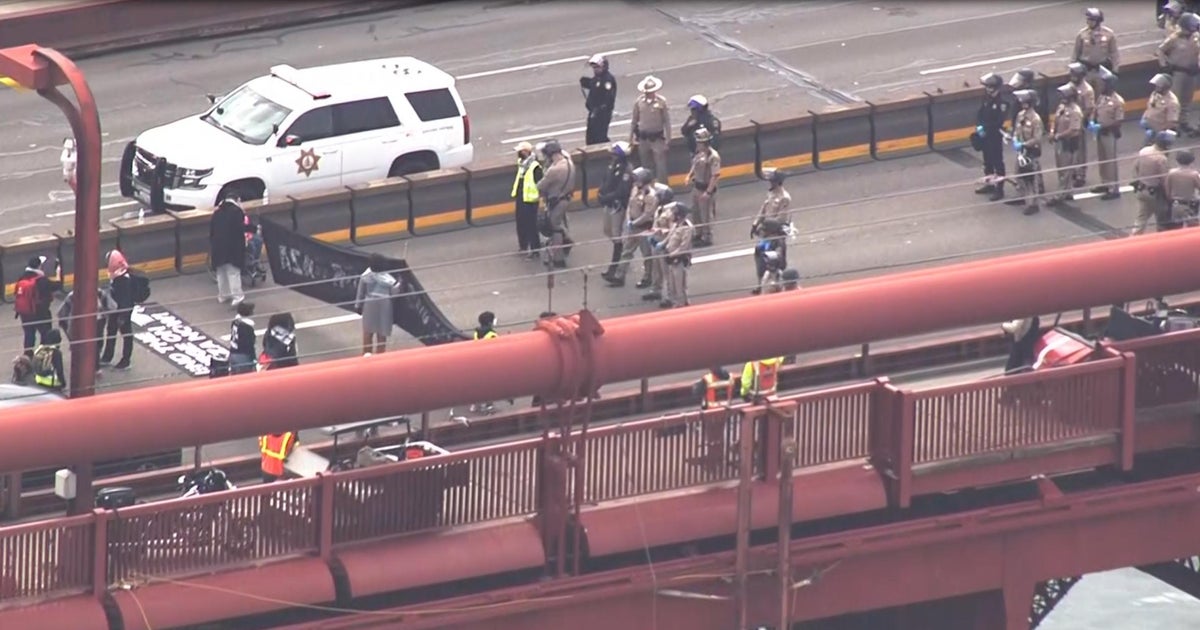Smoky Skies: Unhealthy Air Over Bay Area Prompts 30 Straight Days Of 'Spare The Air' Alerts; People Urged To Stay Indoors
SAN FRANCISCO (CBS SF) -- Health officials warned San Francisco residents to limit their time outdoors early Monday as a layer of extremely unhealthy air generated by smoke from the wildfires burning across California and the West Coast remained draped overhead.
In an alert, officials said the air quality had dipped into the purple level meaning "active youth/adults/people with heart or lung diseases should avoid prolonged outdoor exertion. Everyone else, especially children, should limit outdoor exertion."
It wasn't just the fires that were causing the drop in air quality. There also was a high pressure system stalled over the region, calming the high altitude winds that normally clear some the smoke for the area.
The Air Quality Index levels were ranging from 182 to 202 over the Bay Area. The Bay Area Air Quality Management District has issued a 'Spare the Air' alert for a record 28 straight days.
On Monday afternoon, the agency again extended its Spare the Air through at least Wednesday, making it 30 straight days the region is under an alert.
"A thick blanket of smoke from the many wildfires blazing in California and Oregon is causing unhealthy air quality in the Bay Area," the air district's Executive Office Jack Broadbent said in a statement. "Residents should track air quality conditions in their communities and protect their health and avoid smoke exposure by staying indoors."
Pulmonologist answers KPIX 5 viewer questions on how poor air quality may affect our health.
Dr. Lisa Patel of Stanford Children's Health told KPIX 5 over the weekend that parents would be wise to limit their children's exposure to the smoky skies.
"This isn't going to be the last time that we are going to be suffering from this exposure so I'm thinking about not just today or next week, but I'm thinking about my child and all children's long-term health," she said.
Doctors say when the smaller particulate matter is inhaled, especially by children, that can damage the lining of airways, and vital cells called Alveolar Macrophages deep in the lungs.
"These cells are amoeba-like cells that engulf any foreign particles that make it down into the deep lung and also fight bacteria and are first responders to viruses," said UCSF pulmonologist Dr. John Balmes.
"When they're full of toxic particles from smoke, whether tobacco, vaping, marijuana, or wildfire smoke, they don't function as well," said Balmes.
Children also tend to spend more time outside than adults.
"You have to think about the dose being higher because they're breathing in faster, the exchanges are faster, so they're inhaling more of it," said Patel.
Aaron Richardson with the Bay Area Air Quality Management District says you may not feel like you are breathing in particulate matter because you can't see it. "It is deceiving, the ash is large and heavy ... but the truth is it's those fine particulates that are really pretty much invisible to the naked eye," said Richardson.
Doctors say the particulate matter is what we are breathing deep into our respiratory system causing lung inflammation. Urgent care clinics have been keeping busy with patients thinking they might have COVID-19 due to poor air quality .
"There are a lot of people coming with new onset headaches, new onset cough, new onset shortness of breath. People with no previous respiratory conditions," said Liz DeLong, Physician Assistant at Instant Urgent Care in San Ramon.
Doctors say the best mask to wear outdoors during spare the air days is the N95 mask but they caution it must fit properly around the mouth or it won't be effective.
The air quality was once again so dirty and dangerously unhealthy that it forced coaches at Palo Alto and Gunn High Schools to cancel scheduled outdoor sports practices for the safety of the athletes.
"They have been very resilient, the students have. They understand the seriousness of the epidemic and the seriousness of all the fires on the west coast," says Nelson Gifford, the Athletics Director at Palo Alto High School.
Gifford says an Air Quality Index rating above 150 was the cutoff for canceling practices -- much to the chagrin of student-athletes eager to take the field.
"Anyone who's been outside walking around could smell the smoke and feel the impact of that," Gifford said.
"Every day, there would be like ashes and we couldn't see the sun," Makoto Gorman, an Oregon State student, told KPIX 5.
Ironically, Gorman says he and his friends traveled to California to escape even worst smoke and air quality where he goes to school in Oregon.
"It was just hard to go outside. Stepping outside with masks on for five seconds would give us a headache," Gorman says.
Gorman's friends say it's not just the immediate impact but the long-term effects on their health that they're especially concerned about.
"My family is from India which is extremely polluted. We have this kind of smog every single day. And all of them have lung issues," says Aditya Bagchi.
There may be some relief on its way soon, but the change will not be welcomed along the fire lines. The weather will begin shifting Monday, bringing winds that will clear out some of the smoke in the San Francisco Bay, but add a new challenge for firefighters battling the deadly North Complex West Zone fire and the Creek Fire, burning in the tinder-dry, bark beetle invested woodlands of the Sierra National Forest.
• ALSO READ: California Wildfires: 2020 Blazes Burn Area Larger Than Connecticut, Cal Fire Says
"A critical period of weather is coming upon us in the next 48 hours," said Dan Borsum, the NOAA meteorologist assigned to the North Complex West Fire. "A Red Flag (Fire) Warning has been issued for Monday and Monday evening for breezy conditions, hotter temperatures, an unstable air mass and poor humidity recovery at night."
Weather officials were trying to determine if the southwest winds blowing steady at 8-12 mph and gusty to 20 mph will linger into Tuesday and forced them to extend the warning for another day.



